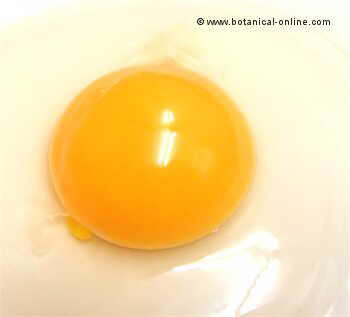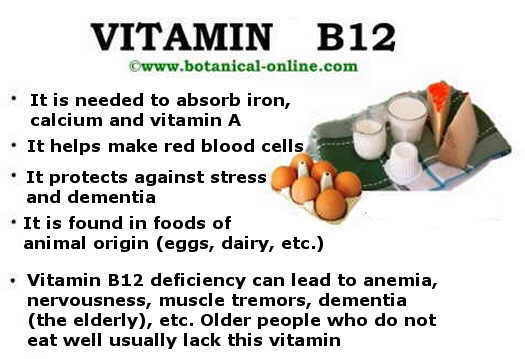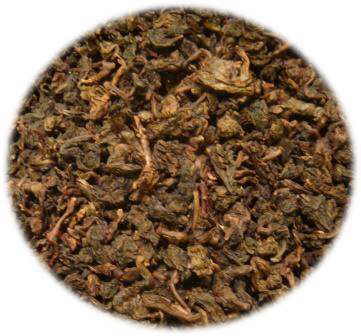Contents
- 1 Egg yolk function
- 1.1 What is an egg yolk?
- 1.2 Why an egg yolk is yellow or orange?
- 1.3 What is the function of the egg yolk within an egg?
- 1.4 What is there in the egg yolk?
- 1.5 What is egg yolk used for?
- 1.6 BENEFITS OF EGG YOLK
- 1.7 Egg yolk is rich in antioxidants
- 1.8 Egg yolk is rich in vitamin B
- 1.9 Egg yolk is rich in vitamin D
Egg yolk function
What is an egg yolk?
An egg yolk is the round part which is inside the egg.
Sometimes, we can find two or more eggs yolks inside an egg. This is due to the youth of the laying hen that has a lack of synchronization in its ovulation.
Eggs containing more than one yolk are also edible, without risk to consumer health.
Egg yolk has a slimy texture in its raw state, it is easily separable from the egg white through a membrane called vitelline membrane that covers and protects it. As it happens with the egg white, if cooking is too long, it hardens.
Egg yolk represents about 30 % of the whole egg.
Why an egg yolk is yellow or orange?
Because it contains xanthophylls (Lutein and zeaxanthin), that give the yellow or orange colour to egg yolk. This part of the egg can vary depending on the animal feed, cooking or treatment to which the egg is subjected to. For example, if we exceed the cooking time, it can develop a grayish color.
What is the function of the egg yolk within an egg?
It is to provide food to the embryo
What is there in the egg yolk?
 Raw egg with the yolk surrounded by the egg white
Raw egg with the yolk surrounded by the egg white
Egg yolk contains various nutrients. The main ones are the following:
- A high fat content, which provides a concentrated source of calories, that give us energy.
- A portion of the protein.
- B group vitamins, vitamin A and vitamin D
- Minerals such as iron, phosphorus, calcium and sulfur.
What is egg yolk used for?
Apart from eating it fried or boiled. It is often used as the main ingredient of omelettes, alone or in combination with vegetables or meat.
It can also be present in various culinary preparations as sauces in some fat combination, such as ” aioli ” or as an ingredient in many desserts, such as cakes or pastry creams.
BENEFITS OF EGG YOLK
Egg yolk is rich in antioxidants
Egg yolk is rich in antioxidants, particularly lutein and zeaxanthin. Numerous studies have demonstrated the role of these two components in the prevention of eye diseases, especially in regard to the loss of vision because of macular degeneration and night blindness.
In addition to these two components, we must not forget that egg yolk is among the richest foods in vitamin A, one vitamin that is considered a good antioxidant. Lack of vitamin A, among other things, is responsible for numerous eye problems such as night blindness, lack of vision, dry eyes, lack of tearing, redness, etc..
Egg yolk is rich in vitamin B
Egg yolk contains abundant vitamins of B group, especially choline. Choline is responsible for the formation of the neurotransmitter acetylcholine.
Acetylcholine is necessary for the proper functioning of nerve impulses in the brain. Having choline deficiencies may cause imbalances in the brain that are manifested in the form of inappropriate behavior, emotional problems and lack of memory.
Choline is also very interesting in pregnancy to maintain the health of the fetus. High folic acid content contributes to this aspect, too.
No less important are other B vitamins, especially riboflavin and pantothenic acid , acting as important as food metabolism, nerve health, immune system and the health of hair, nails and skin.
Egg yolk is rich in vitamin D
Egg yolk is among the richest foods in vitamin D. This vitamin allows calcium absorption, thereby contributing to a good maintenance of teeth and bones. It is also important to keep arteries in good condition, for nerve health and the proper functioning of the heart and digestive system.
Vitamin D in egg yolk makes egg very interesting for ovo-vegetarian people, that’s to say, vegetarians who include eggs in their diet, since there is virtually no vitamin D in other foods of plant origin
*Related information:
![]() More information about eggs.
More information about eggs.








